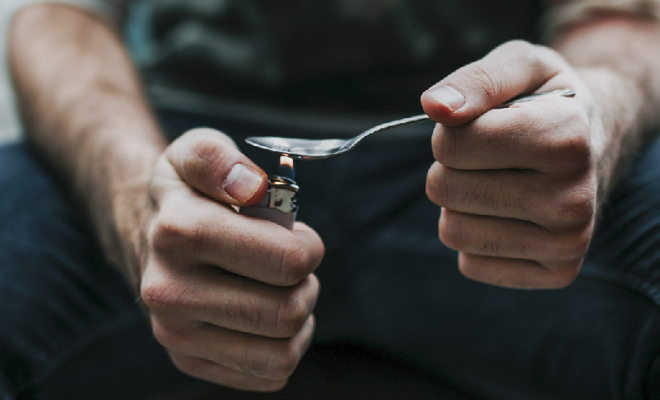Understanding More About Heroin and Other Drug Addictions

An addiction to heroin is a recurrent, chronic condition characterized by brain changes and compulsive drug-seeking behavior despite its negative effects. Synthetic opioids like heroin are derived from the opium poppy plant found in Asia. When heroin is used, it is converted into morphine by the body. This chemical, sometimes known as black tar, smack, brown, or tar, is extensively used as a recreational drug on the streets. Users experience a surge of delight, pleasure, and well-being during the first couple of weeks of using this substance. Whenever the substance is consumed, the user experiences strong feelings, which create tolerance and addiction.
There are several ways in which heroin can be abused, including smoking, powder inhalation, and intravenousinjection. The blood-brain barrier is easily crossed by each manner of use.
Heroin is converted to morphine upon entering the brain, where it binds to opioid receptors found throughout the body and brain. Pain perception and reward are both controlled by opioid receptors, which is why heroin reduces pain while providing pleasurable feelings.
Using heroin for a prolonged period can alter the brain’s structure and functionality, resulting in tolerance and dependency. An individual who feels compelled to use heroin in order to avoid painful withdrawal symptoms has a physical heroin addiction. When a person believes he or she cannot operate without heroin, this is referred to as psychological dependence. In a suitable treatment facility, both of these types of heroin addiction are addressed.
Heroin Addiction’s Signs and Symptoms
There is no single factor that determines the signs and symptoms of heroin addiction; several factors are involved, including genetics, the amount of heroin consumed, frequency of use, and the drug’s dependence.The following are some of the most prevalent signs and symptoms of heroin addiction:
- Anxiety and depression
- Track marks on the legs and arms
- A feeling of euphoria
- Forced, pressured speech
- Susceptibility to mood swings
- Being “on the nod” during conversations
- Insomnia
- Wearing shirts and long pants even when it’s warm
- Anger and hostility toward others
- Dry mouth
- Irritability and agitation
- Recurrent respiratory infections
- Lying about drug usage
- Breathing problems
- Avoiding family members and friends
- Slow or slurred speech
- Loss of weight
- A decline in performance at work or in school
- Blemishes or scabs from picking the skin
- Lack of motivation and apathy
- Less concern for personal hygiene
- An increase in sleep
- Inability to fulfil obligations at school and work
- Storing drugs in various places at work or at home
Seek Treatment at One of the Best Heroin Addiction Treatment Centers.
At Skyward Treatment Center, our expert heroin addiction treatment programs often begin with a medically assisted withdrawal detoxification at one of our specialist heroin treatment facilities, assisting you in managing the symptoms and risks associated with heroin withdrawal.
After the substance has been removed from your system, you will begin our complete Addiction Treatment Program, which includes group and individual counseling to assist you in identifying the underlying causes and issues that led to your addiction.
With the right professional help, you can break free from your addiction and start living a healthy and happier life.